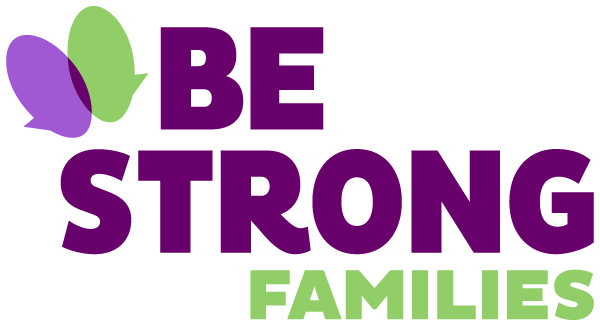Making America Great with DEI: Liberty and Justice for All
Who remembers standing in kindergarten, hand over heart, pledging allegiance? Such a big word for a five-year-old, yet we did it every day. We may not have known what the word “allegiance” meant, but we understood what pledging allegiance was: as a daily ritual, grounding us in the spirit of America’s values.
Written in 1892, the pledge was a way of instilling the values of our country in the aftermath of Civil War: “one nation, indivisible, with liberty and justice for all” (“under God” was added by Eisenhower in 1954). That’s what DEI (Diversity, Equity, and Inclusion) and racial equity are all about—living up to these core values and unifying around them. It’s about recognizing where we fall short and working to improve, not for one group but for everyone because it’s what we, as a nation, stand for.
On October 16, The New York Times Magazine published an article on the University of Michigan’s decade-long, $250 million investment in DEI initiatives that seem to have not only failed but backfired. Surveys showed that students of all races, ethnicities, genders, religions felt more divided and less able to connect across differences than before the DEI initiative started. Neetu Arnold, a policy analyst at the Manhattan Institute, summarized why in a USA Today op-ed on October 25, stating that DEI had started to stand for “Divisive, Extreme, and Intolerant,” promoting a single narrative, instead of fostering genuine Diversity, Equity, and Inclusion.
So, how can we ensure our DEI and racial equity work achieves its true purpose? Start with ourselves and our immediate environments: clean up our thoughts and language toward each other.
1. Recognize DEI Benefits Everyone: DEI and racial equity are for everyone—they’re not zero-sum. We all play a part in enhancing harmony and living up to justice and liberty. Let’s aim for transformation together, without targeting or excluding anyone. Inclusion requires compassion. Equity requires change. Change is difficult but often necessary to adapt to life circumstances.
2. Create Brave, Safe Spaces: We need spaces where we can listen attentively and show vulnerability to make progress. This means showing up authentically, trusting that our voice, experiences, trauma, and struggles matter. It might also mean working against norms like people-pleasing and the need to be “right.” As an aside--and a shameless plug-- this is what Parent and Vitality Cafes are all about.
3. Lead with Love: Racial equity work is about love, respect, lifelong learning, and treating people as they want to be treated. This involves understanding how your actions impact others, being mindful, and adapting your style to foster better communication and connections. It means apologizing when you make mistakes and practicing forgiveness.
As long as racism, sexism, and hierarchies of difference exist — explicitly or implicitly — we’ll need to bridge them respectfully in the name of peace. To me, that’s what “under God” in the pledge means.
I also remember Sunday School teachings backed up by rock and roll popular music — the that we are all God’s children, made in God’s image, called to love one another (right now). My great-grandmother used to help me put on my “golden gloves,” finger by finger, while reciting the Golden Rule: “Do unto others as you would have them do unto you.”
So, let’s make America great again by striving to live up to these values and by electing leaders who spiritually, morally, and ethically embody them—leaders who will unify and help us heal rather than divide us, stoking fear, leveraging our biases. Let’s wake up with joyful optimism for building a future for our children and grandchildren.
After all, Be Strong Families’ vision is: “Family members are connected to each other and the larger community, intentionally building interdependence, social harmony, and belonging so that everyone receives what they need to thrive. We seek to leave a more equitable, sustainable, harmonious, and peaceful world for all children and generations to come.”
When you vote, consider which candidate is more likely to help us truly make America great again.
